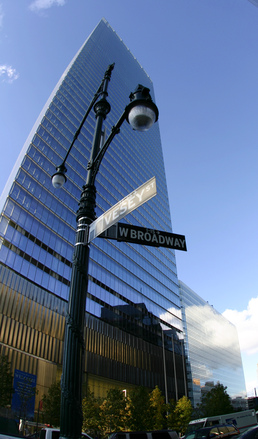

"This looks like it was composed by lobbyists of Free software foes, e.g. Microsoft.""TPP chapter on software presumes software is patentable in the first place," Henrion noted, pointing to this curious article titled "TPP has provision banning requirements to transfer or or access to source code of software". In section 4 it says: "his Article shall not be construed to affect requirements that relate to patent applications or granted patents, including any orders made by a judicial authority in relation to patent disputes, subject to safeguards against unauthorised disclosure under the law or practice of a Party."
This looks like it was composed by lobbyists of Free software foes, e.g. Microsoft.
"The TPP chaoter on software is basically trumping licences like the GPL with contract law," Henrion later added. "Am I right?"
"Software patents boundaries will be challenged through ISDS courts and TPP," Henrion added and Glyn Moody, who has become quite an expert in this area having covered it for years, responded with "same will be true under #TTIP: will be effectively impossible to remove *any* area from patentability - eg #swpats [software patents]."
The article in question is this one, which says: "Instead of combatting the ability to bring cases such as Eli Lilly’s, the TPP’s investment chapter invites them. Any time a national court – including in the U.S. – invalidates a wrongfully granted patent or other intellectual property right, the affected company could appeal that revocation to foreign arbitrators. The new language would also make clear that private companies are empowered by the treaty to challenge limitations and exceptions like the U.S. fair use doctrine, or individual applications of it. Adoption of this set of rules in the largest regional trade agreement of its kind would upset the international intellectual property legal system and should be subject to the most rigorous and open debate in every country where it is being considered."
There is also this about TRIPS: "The investment chapter provisions on prohibited performance requirements includes a number of exemptions for intellectual property rights, compulsory licenses to patents under Article 31 of the TRIPS or for copyright, or remedies to anti-competitive practice, that protect U.S. state practice in those areas."
It is imperative that people everywhere become familiar with these to-be-signed treaties before they are signed (if ever). It's like ACTA from the back door and even if corporate media doesn't write so much about it, this doesn't make it any less important or urgent a matter. It's often that case that the corporate media covers up (if it covers at all) and misleads the public about these treaties. At the end of the day we know who wants to see these treaties passed and at whose expense these can become a reality. It's class warfare. ⬆
"There’s been class warfare for the last 20 years, and my class has won."
--Warren Buffett